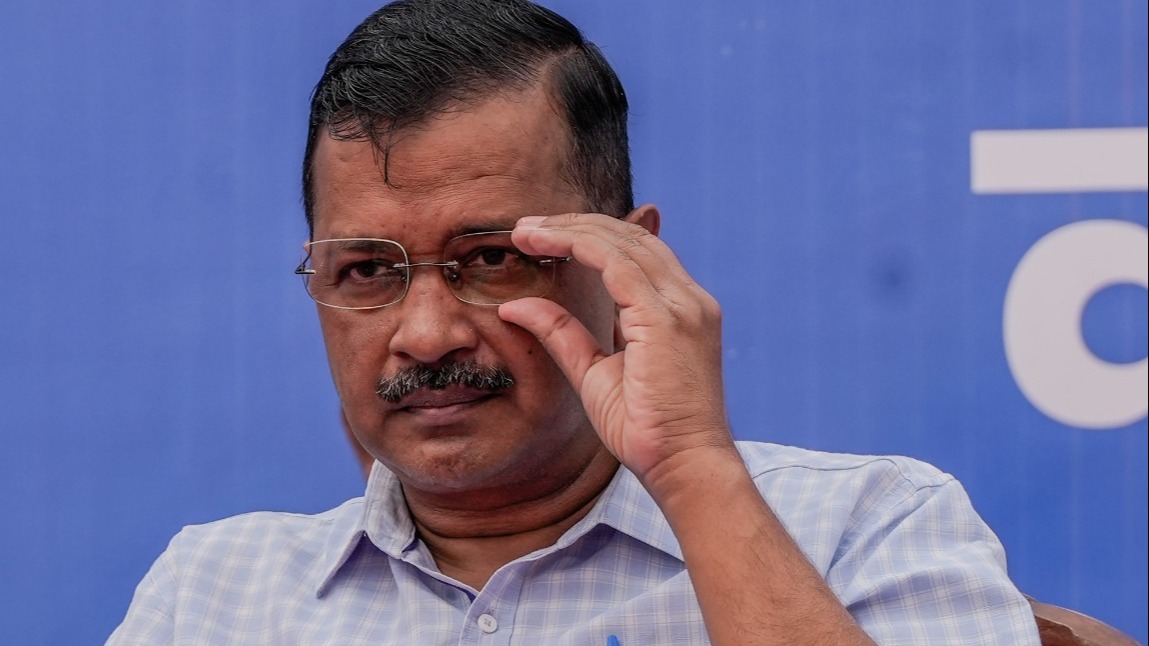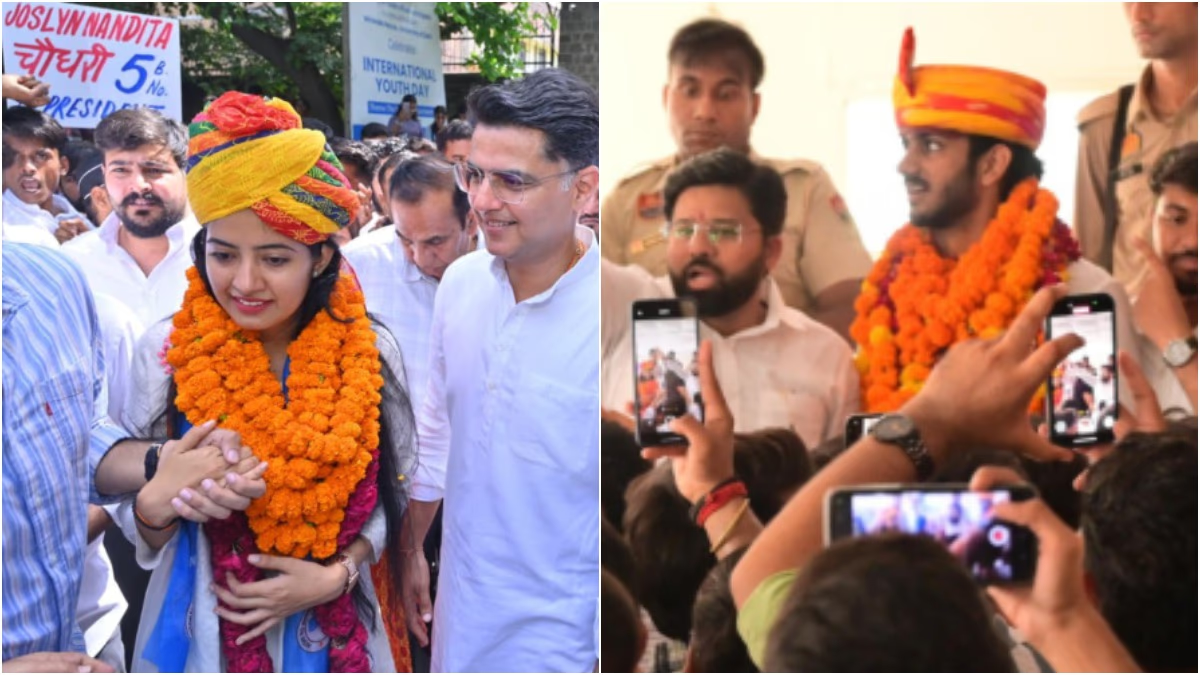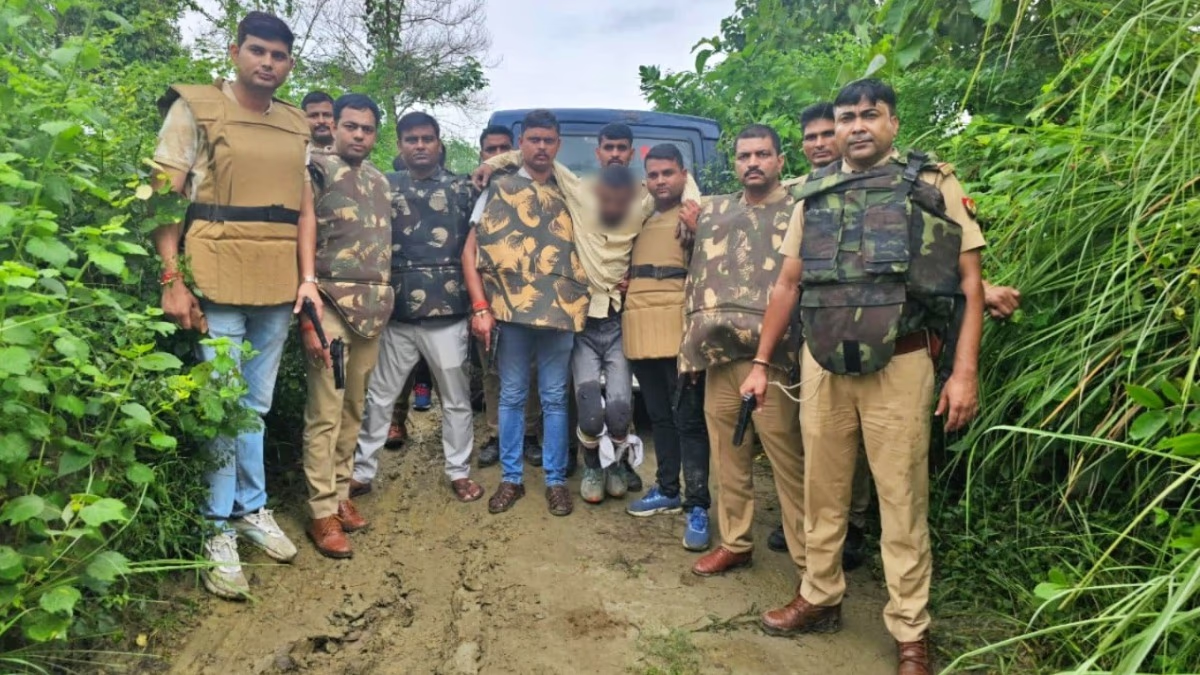The hearing at the Delhi High Court opposing Chief Minister Arvind Kejriwal's arrest and judicial custody has concluded. Kejriwal filed a petition in the High Court seeking his release. During Wednesday’s hearing, lawyer Abhishek Manu Singhvi first advocated for Kejriwal, followed by prolonged arguments led by Additional Solicitor General SV Raju after lunch, on behalf of the Enforcement Directorate (ED). Eventually, the court decided to reserve its judgment in the matter.
Following the hearing, the media posed questions to ED's representative, ASG Raju. Post-hearing, he engaged in a conversation with Aaj Tak, stating that no arrested individual would claim their arrest was unfounded. Dismissing notions of political vendetta linked to elections, he emphasized the main concern: whether a crime occurred. He confirmed that a money trail was indeed uncovered.
ASG Raju rejected any suggestions of political retribution and assured that the forthcoming charge sheet would shed more light. On inquiries regarding Sanjay Singh, he clarified that the ED had not deviated from its course. Raju promised future insights on SC's comments about non-receipt of funds. When questioned if AAP could become an accused, ASG advised asking the Investigation Officer.
It's noteworthy that the hearing was overseen by Justice Swarnakanta Sharma of the Delhi High Court. Kejriwal’s attorney argued that Kejriwal’s arrest amidst upcoming general elections was to preclude his election campaign participation. He stressed the court's role in ensuring equal opportunity for all parties during elections. Highlighting the timeline, he mentioned the initial summons in November followed by a March arrest despite no adequate proof for arrest under PMLA according to ED.
ED objected to the arguments presented by Kejriwal's two lawyers. ASG stated that being influential does not allow for multiple lawyers to debate one's case, a privilege no common man is entitled to. 'Why the exception?' he asked. 'You may be powerful and claim to be an 'Aam Aadmi' (common man), but this does not permit such actions,' he added.




